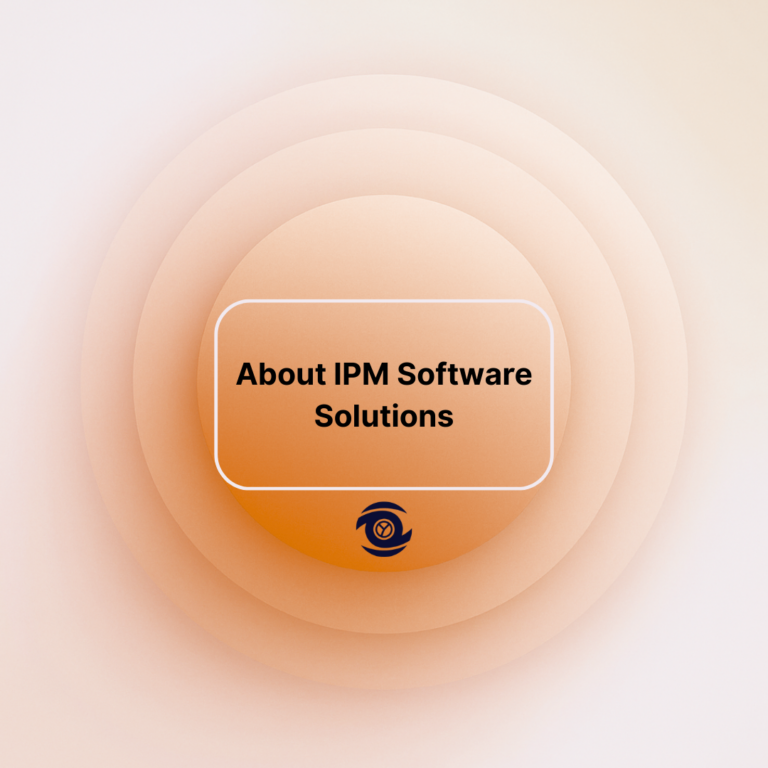Achieving excellence in professional performance requires a keen understanding of where improvements are necessary. By focusing on specific areas such as streamlining processes, prioritizing team development, and honing entrepreneurial skills, professionals can significantly enhance their impact and efficiency. This article delves into these critical improvement areas, providing actionable insights and strategies tailored to boost career success. Whether you’re an entrepreneur seeking enhance work management to nurture your strategic vision or a team leader aiming to bolster organizational abilities, understanding these focal points will guide your paths to professional development. We also explore how to gracefully respond to feedback on improvement needs during reviews or interviews, supporting workplace growth and career advancement.
Why Prioritize Your Team’s Improvement Areas?
Teams are the backbone of any successful organization. Prioritizing improvement areas within your team is vital to leverage their full potential, boost morale, and align efforts with organizational goals. When teams focus on enhancing specific skills and capabilities, they become more agile and responsive, driving innovation and efficiency.
Identifying improvement areas also aids in personalizing professional development plans and ensuring that each team member aligns with the overarching strategic vision. This level of focus empowers individuals to grow in their roles, contributing meaningfully to the team’s overall success. Moreover, prioritizing team improvements encourages collaboration and fosters a culture of continuous learning.
Key Improvement Areas for Entrepreneurial Success

Initiative: Transforming Ideas into Action
Entrepreneurs who excel are those who convert ideas into reality. Cultivating initiative involves actively seeking opportunities, generating innovative solutions, and committing to action. Setting clear goals and pursuing them relentlessly helps in achieving tangible outcomes.
Breaking larger projects into smaller, manageable tasks can increase motivation and track progress. Entrepreneurs should embrace a mindset that combines creativity with action, continually seeking ways to turn concepts into successful ventures.
Leadership and Personal Influence
Strong leadership is characterized by the ability to influence and inspire others towards shared goals. Developing this trait involves understanding and leveraging one’s personal influence to guide teams, foster trust, and build confidence in your decision-making abilities.
Investing in personal development, such as networking and mentorship, can enhance a leader’s influence. Engaging in ongoing learning helps refine communication skills and improves the effectiveness of your leadership approach, setting the tone for success.
Strategic Vision and Big-Picture Thinking
A strategic vision empowers entrepreneurs to look beyond immediate challenges and focus on long-term objectives. It involves anticipating market changes, adapting strategies accordingly, and inspiring the team to strive towards shared aspirations.
To cultivate this skill, entrepreneurs should dedicate time to strategic planning and seek diverse perspectives to enrich their vision. Engaging with mentors and industry leaders can provide insights that sharpen big-picture thinking, ensuring that the organization’s path aligns with future opportunities.
Instinctive Decision-Making Abilities
Entrepreneurs often face situations where they must make quick decisions with limited information. Instinctive decision-making involves trusting one’s judgment and experiences while also being open to new information.
Enhancing this ability requires practice in decision-making under pressure and accepting that not every choice will yield the desired outcome. Learn from past experiences to improve future decisions, balancing intuition with analytical thinking.
Financial Acumen and Commercial Drive
An entrepreneur’s financial acumen impacts their ability to manage resources effectively, drive profitability, and ensure sustainable growth. It involves understanding financial statements, budgets, and cash flow dynamics.
Entrepreneurs should actively seek to improve their financial literacy, employing financial analysis and forecasting to guide commercial decisions. This drive not only aids in resource allocation but positions the venture for long-term success.
Targeted Improvement Areas for Business Success
Organizational Ability: Planning and Structuring
Organizational skills are fundamental to achieving business efficiency and effectiveness. Planning and structuring work in a systematic way can greatly enhance productivity and reduce stress within the team.
Professionals should create clear schedules, prioritize tasks, and maintain an organized workspace. Adopting digital tools for project management and tracking progress can further streamline processes and improve goal attainment.
Active Listening Proficiency
Effective communication is incomplete without active listening. This skill involves fully concentrating, understanding, and responding to others, thereby enhancing collaboration and reducing misunderstandings.
Cultivating active listening demands practice and patience. Professionals should consciously focus on the speaker, avoid interrupting, and ask clarifying questions to demonstrate engagement and understanding.
Goal-Setting and Achievement Mindset
Setting clear and achievable goals is crucial for maintaining direction and motivation. A robust achievement mindset involves not only setting ambitious goals but also developing strategies to accomplish them.
Professionals should set SMART goals — Specific, Measurable, Achievable, Relevant, and Time-bound — and regularly review progress. Visualization techniques and accountability systems can also drive goal achievement.
Precision and Quality Assurance
Focusing on the quality of work is integral to professional success. Adopting a mindset of precision and quality assurance reduces errors and enhances the value of deliverables.
To improve quality assurance, professionals can implement regular checks, solicit feedback, and continuously refine processes. Emphasizing quality over quantity ensures that outcomes consistently meet or exceed expectations.
Effective Time Management
Time management is a cornerstone of productivity and stress reduction in the workplace. It involves optimizing how time is allocated to various tasks to maximize efficiency.
Techniques such as prioritizing important tasks, using calendars, and setting reminders can help professionals manage their time effectively. Developing a disciplined approach to time management leads to more balanced workdays and improved outcomes.
| Section | Key Points |
| Streamlining KYC Validation | Leveraging AI, Automation, Compliance |
| Team Improvement Priorities | Empowerment, Goal Alignment, Continuous Learning |
| Entrepreneurial Success Areas | Initiative, Leadership, Vision, Financial Acumen |
| Business Success Factors | Organization, Active Listening, Goal-setting, Time Management |
| Additional Growth | Integrity, Ambition, Delegation, Communication |
| Effective Review Responses | Self-awareness, Proactive Planning, Positive Outlook |
FAQ
What are the top three 3 areas for improvement?
To determine the top three areas for improvement, you need to consider the specific context or field you’re referring to, as they can vary widely depending on whether you’re talking about personal development, a business process, technology, or something else. However, in a general sense, common areas for improvement might include:
- Communication Skills: Enhancing both verbal and written communication to improve clarity and understanding can benefit personal and professional interactions.
- Time Management: Developing better strategies for prioritizing tasks and managing time efficiently can lead to increased productivity and reduced stress.
- Technical Skills: Continuously updating and expanding one’s knowledge and abilities in relevant technologies can ensure you stay competitive and effective in your field.
Adjust these areas to fit the specific context you are addressing.
What areas in your performance require improvement?
To improve my performance, I could work on delivering even more concise responses, ensure I stay updated with the latest information beyond my last training cutoff, and better understand nuanced context in user queries.
Why is it Important to Identify Career Improvement Areas?
Identifying career improvement areas is essential in tailoring professional growth pathways. It enables individuals to target their efforts, maximizing their strengths and transforming weaknesses into opportunities.
Acknowledging these areas helps guide future development, ensuring that professionals remain competitive and aligned with industry demands. It is a proactive approach to career management, fostering resilience and adaptability.
How to Begin Enhancing My Improvement Areas?
The journey to enhancing improvement areas begins with self-reflection and feedback. Professionals should assess their current skills, determining where enhancements are needed to meet their career goals.
Engaging with educational programs, seeking mentorship, and setting achievable objectives are practical starting points. Regularly reviewing progress and adapting strategies ensures continuous improvement and professional advancement.







